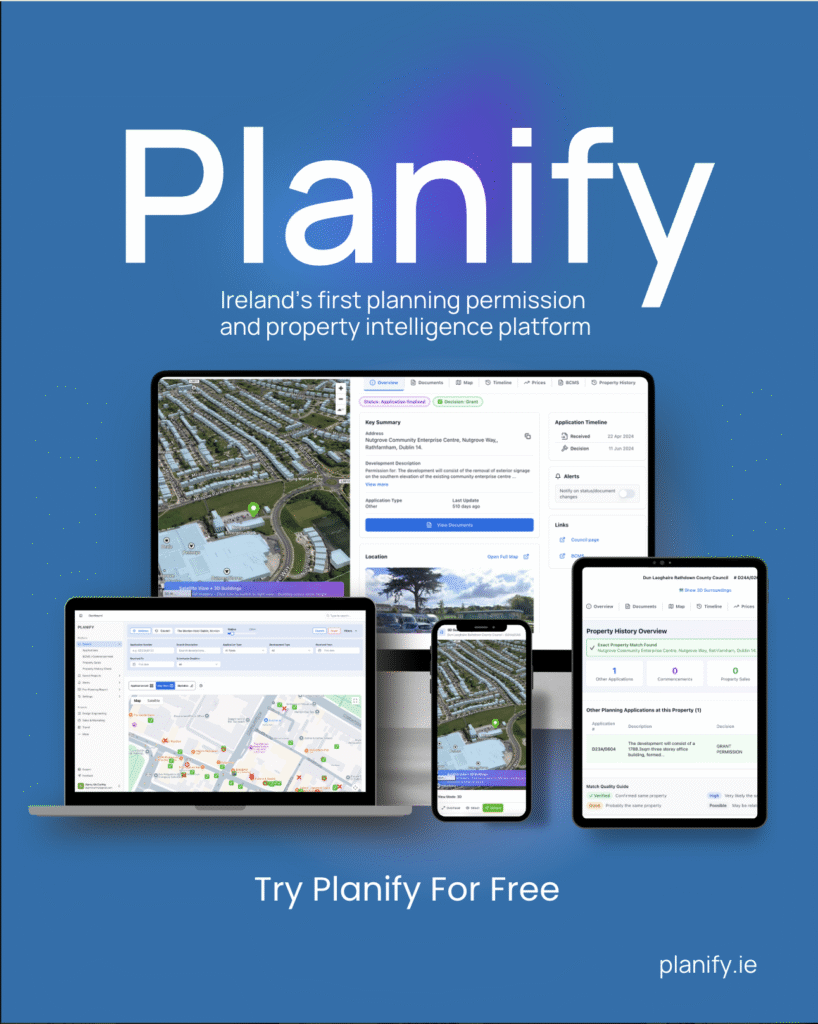State Agency’s Funding Strategy Sparks Controversy Among Private Developers
A state agency established to support small housing developers has come under fire for allegedly outcompeting private financiers, including Bank of Ireland, to secure a significant housing project in Galway. Home Building Finance Ireland (HBFI) has been accused of adopting aggressive tactics to win the contract for a major housing scheme in Galway city, a move that has drawn criticism from industry insiders.
HBFI secured the contract by agreeing to assume a higher level of risk than its competitors, according to sources familiar with the deal. The project involves funding developer JJ Rhatigan to construct 345 cost-rental homes in collaboration with the Land Development Agency. This decision has raised concerns within the construction industry, particularly among those who argue that HBFI’s approach undermines the private sector.
Ian Lawlor of Roundtower Capital, a development funding company, expressed his frustration, stating that HBFI was initially intended to assist smaller home builders. However, he claims that the agency is now offering rates that even major financial institutions like Bank of Ireland cannot match. Lawlor highlighted that many small builders, whom HBFI was designed to support, still struggle to secure funding.
Established in 2019 by Finance Minister Paschal Donohoe, HBFI was created to fill a funding gap for small and medium-sized builders and developers, particularly in smaller towns and regional areas. Despite its original mandate, the agency has faced increasing criticism for allegedly employing aggressive tactics to secure larger deals.
Lawlor contends that the Galway development, for which Deloitte Ireland arranged financing, would have attracted private investment from various sources, including pillar banks and funders like Roundtower. He argues that HBFI’s competitive approach creates additional risk in the market, as there is no net increase in housing supply or cost savings for buyers.
The primary beneficiary of HBFI’s involvement, according to Lawlor, is the developer, who stands to profit from the lower rates offered by the agency. He claims that buyers will not see any financial advantage from these reduced rates, as the savings are absorbed by the developer’s profit margins.
HBFI, currently undergoing a routine government review, reportedly won the Galway deal by undercutting other bidders on the level of risk it was willing to accept. Unlike its competitors, HBFI did not require the developer to pay the equity investment upfront, a standard practice in such transactions. This decision, sources say, gave HBFI a competitive edge over the Bank of Ireland, which had sought specific guarantees as part of its bid.
A spokesperson for HBFI declined to comment on individual deals but emphasized that the agency operates strictly on commercial terms. As of December 2024, HBFI has approved funding of €2.7 billion, supporting the delivery of over 13,000 homes.
The controversy surrounding HBFI’s approach highlights the ongoing tension between public and private sector funding in Ireland’s housing market. While the agency’s mandate is to support smaller developers, its recent actions have sparked debate about its role and impact on the broader industry. As the housing crisis continues to be a pressing issue, the strategies employed by both public and private entities will remain under scrutiny.







